Bitget(bitGet会被骗吗)
used to与would 高考英语优悦QQ群 483098206 微信 Lysteven06
【语境展示】阅读下列句子,注意used to与would的用法。
1. When we were young, we used to / would play football after class.
2. They used to / would walk around with one trouser leg shorter than the other.
3. Diana used to be a teacher, but now she is a writer.
4. Charles used to have a beard, but he has shaved it off.
5. There used to be a hospital here before the war.
6. It used to be said that heavy objects fell quickly than light objects.
【用法归纳】高考英语优悦QQ群 483098206 微信 Lysteven06
1. used to和would 表示过去经常进行而现在不再进行的动作(句1、句2);
2. used to可以用于表示过去的状态,而would则不可以(句3、句4);
3. used to与would不同,可以用于存在句和无人称句中(句5、句6)。
注意:used to不能与表示确定时间段的状语连用。
【辨析】used to, be used to & get used to
①used to指过去的习惯性动作,目的在于与现在形成对比,后跟动词原形。如:
Ellen used to love cats but one attacked her and she doesn’t like them anymore.
②be used to表示“习惯于某事”的状态,后跟名词、代词或动词-ing形式。如:
Tony has been used to the smells of the laboratory.
③get used to表示由“不习惯”到“习惯”这一动态过程,意为“(变得)习惯于,(开始)习惯于”。后跟名词、代词或动词-ing形式。如:
I think it is a bit difficult for you to get used to the cold weather here.
【即学即练】用would或used to填空。
1. Tom ________ stay up very late, but recently he goes to bed much early.
2. Peter ________ be very short, but now he is very tall.
3. When we were boys, we ________ go swimming every summer.
答案
【即学即练】高考英语优悦QQ群 483098206 微信 Lysteven06
1. used to / would 2. used to 3. used to / would
冠词
冠词是置于名词之前、说明名词所指的人或事物的一种虚词。虽然冠词只有三种:不定冠词、定冠词和零冠词,但其使用规则却相当复杂。下面就冠词的一些主要用法进行归纳总结,以帮助同学们更好地理解和掌握。
【用法】
I.不定冠词
1. 用在单数可数名词前,表示“一个”,含义上相当于“one”。如:
Here is a letter for you.
2. 与单数可数名词连用,表示某一类人或事物;亦可泛指某类人或事物中的“任何一个”。如:
A boy should learn to be strong and fight like a man.
3. 用在抽象名词前,表示“一种,一次,一类”等意义。如:
It is a pleasure to work with Carol.
4. 不定冠词可用在专有名词前,使其普通化。如:
The old man has a Picasso in the dining room.
5. 在序数词前加不定冠词,表示“再一,又一”。如:
She tried a third time and finally succeeded.
6. 用在季节、月份、星期或节日的名词前,表示某个特定的季节、月份、日子或节日。如:
The accident happened on a rainy Sunday towards the end of June.
We had a lovely Christmas.
7. 用在某些固定词组中。如:all of a sudden, as a matter of fact, as a result, in a word, go out for a walk, have a good time, make a difference, pay a visit to, a good knowledge of等。
II. 定冠词
1. 用于特指一定的人或事物或上下文提到的人或事物。如:
Put the parcels on the table.
2. 用在单数名词前,表示某一类别或某项发明。如:
The computer has changed our way of life.
3. 用在表示世界上独一无二的事物的名词前。如:
The sun lights and warms the earth.
4. 用在由普通名词构成的国家、党派等专有名词前以及表示江、河、湖、海、山川、群岛等的名词前。如:
Eva plans to cycle along the Yangtze River with her brother this autumn.
5. 用在序数词前、形容词最高级前或用于特指“两者中较……的一个”。如:
Lorraineis the taller of the two.
6. 用在形容词或分词前表示一类人。如:
The show is extremely popular, especially with the young.

7. 用在姓氏复数形式前,表示全家人或夫妇二人。如:
The Smiths are flying to Paris to spend their holiday.
8. 用在方位名词前、某些习惯用语或表示时间的词组中。如:on the left, in the east / west, on the other hand, in the end, in the morning等。
III. 零冠词
1. 专有名词、物质名词、抽象名词和表示人名、地名等的名词前,通常不用冠词。如:
Blood is thicker than water.
Wisdom is better than strength.

2. 可数名词前有物主代词、指示代词、不定代词、名词所有格限制时,不用冠词。如:
Susan’s English book is lying on her desk.
3. 表示季节、月份、星期、节日、三餐的名词前,通常不用冠词。如:
Larry said he was arriving on Monday.
4. 表示职务、头衔的名词作表语、同位语、补足语等时,其前不用冠词。如:
Obama became President of the UnitedState in 2008.
5. 表示体育运动项目、学科、运输或通讯方式等的名词前不用冠词。如:
They went to the west coast by sea instead of driving cars.
6. 用在某些固定词组中。如:take place, catch fire, lose heart, by chance, out of date, in front of, make use of, take part in等。
【即学即练】从A、B、C、D四个选项中,选出可以填入空白处的最佳选项。
1. Marco Polo is said to have sailed on _____ Pacific Ocean on his way to Java in _____ thirteenth century. (陕西2013)
A. the; a B. a; 不填
C. 不填; the D. the; the
2. It was _____ cold winter night and the moon was shining brightly across _____ night sky. (山东2013)
A. 不填; a B. a; the
C. the; a D. the; 不填
答案
【即学即练】1. D 2. B 高考英语优悦QQ群 483098206 微信 Lysteven06
高考英语优悦QQ群 483098206 微信 Lysteven06


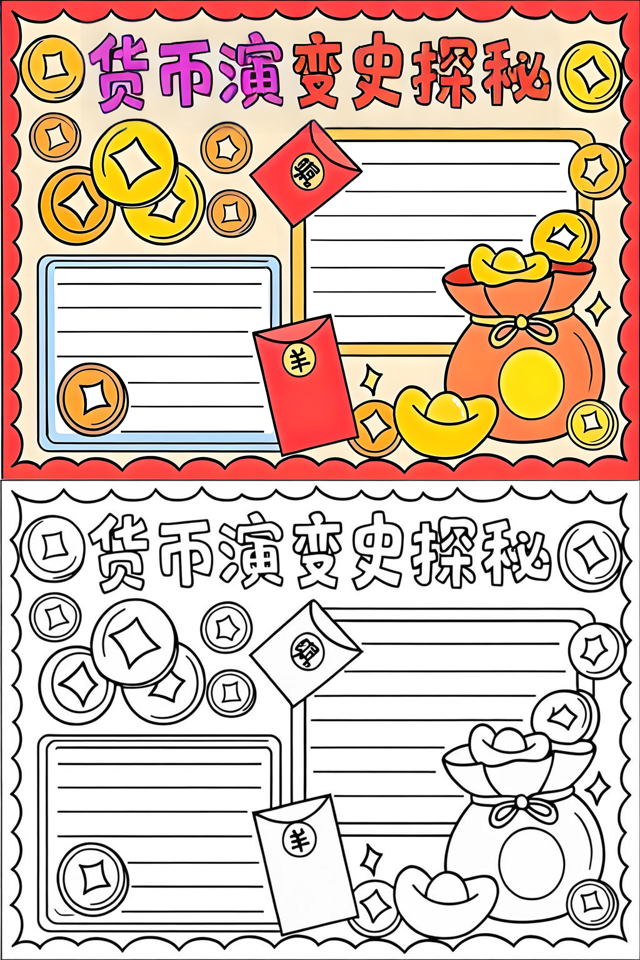
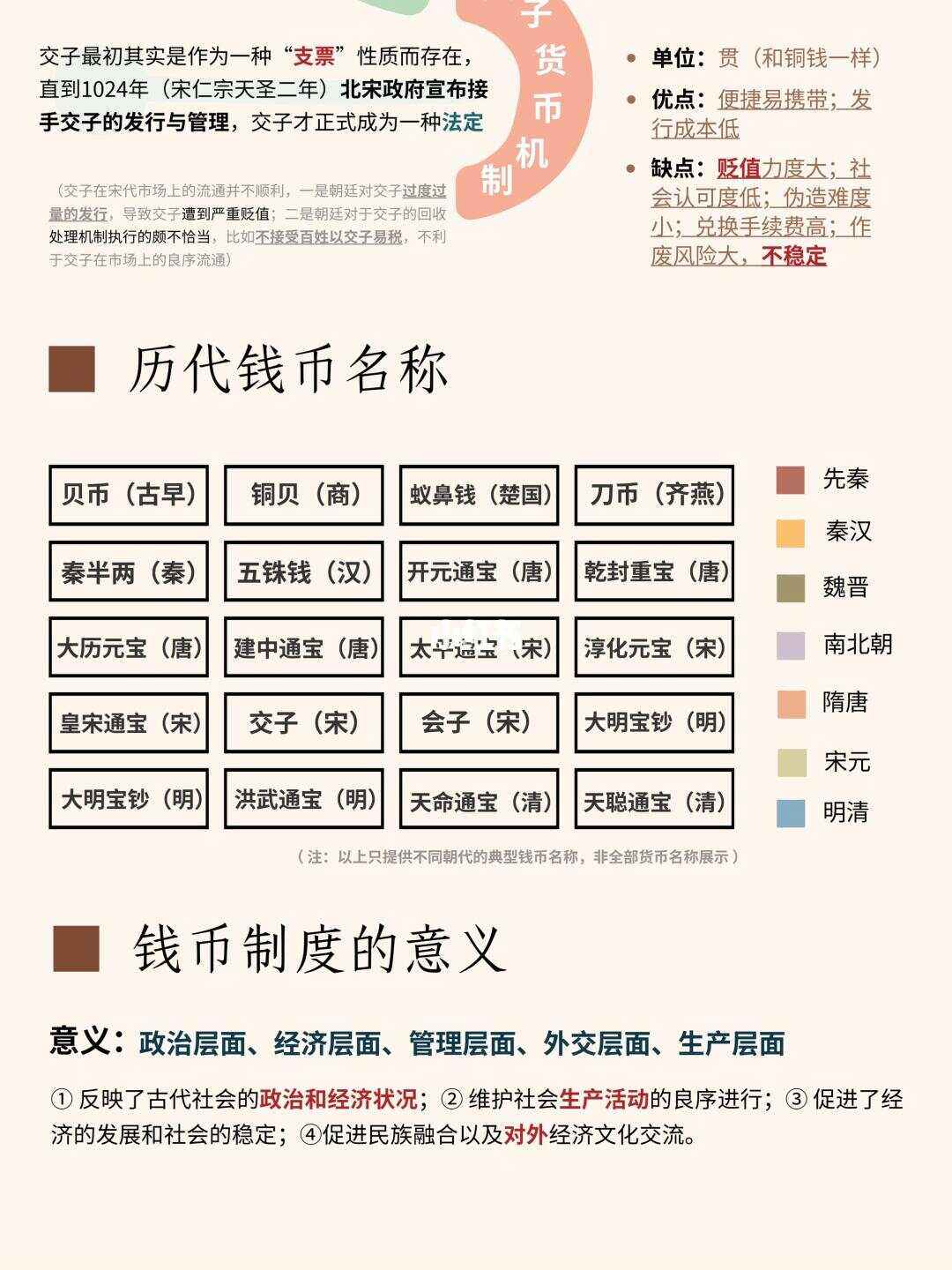
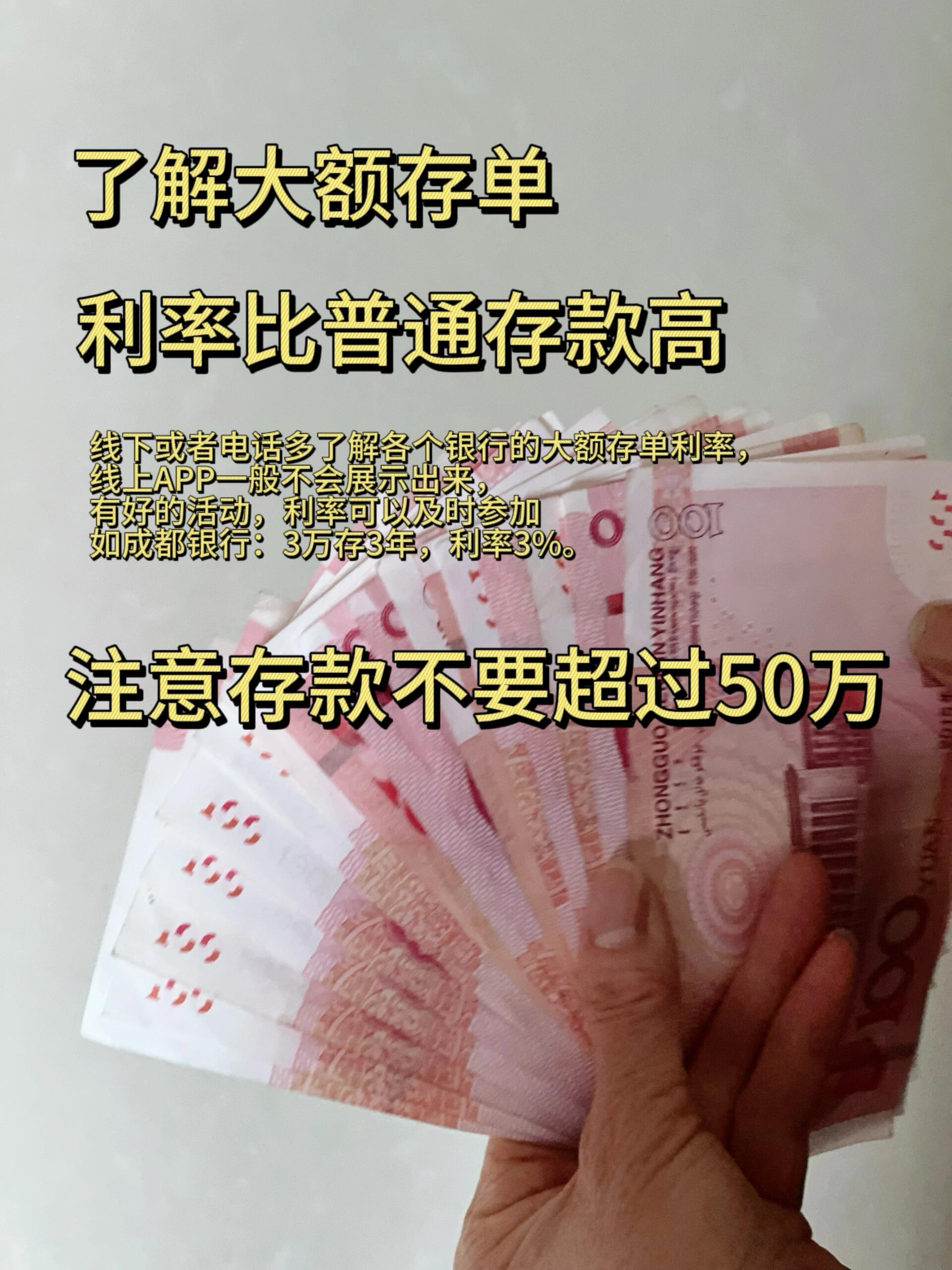
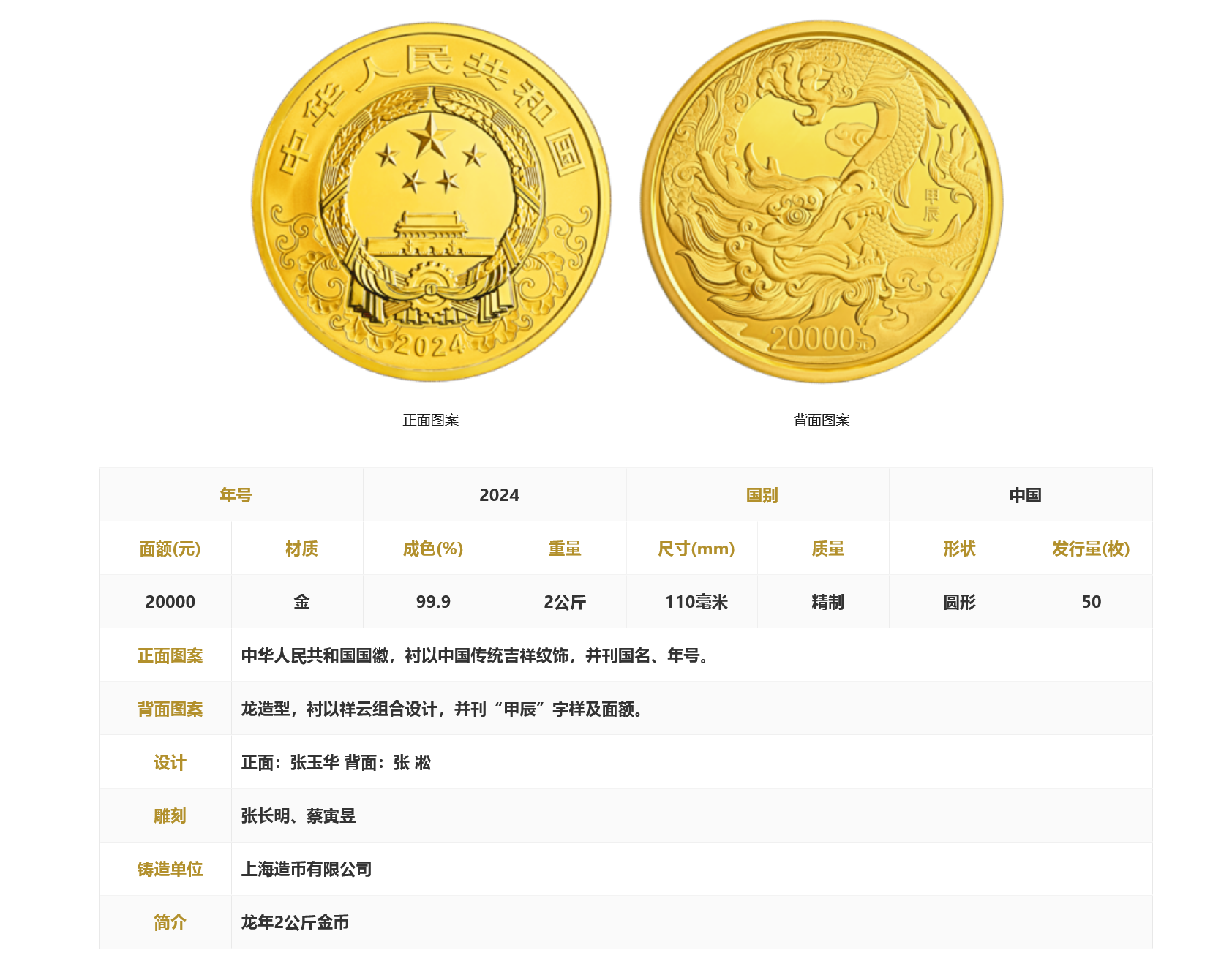
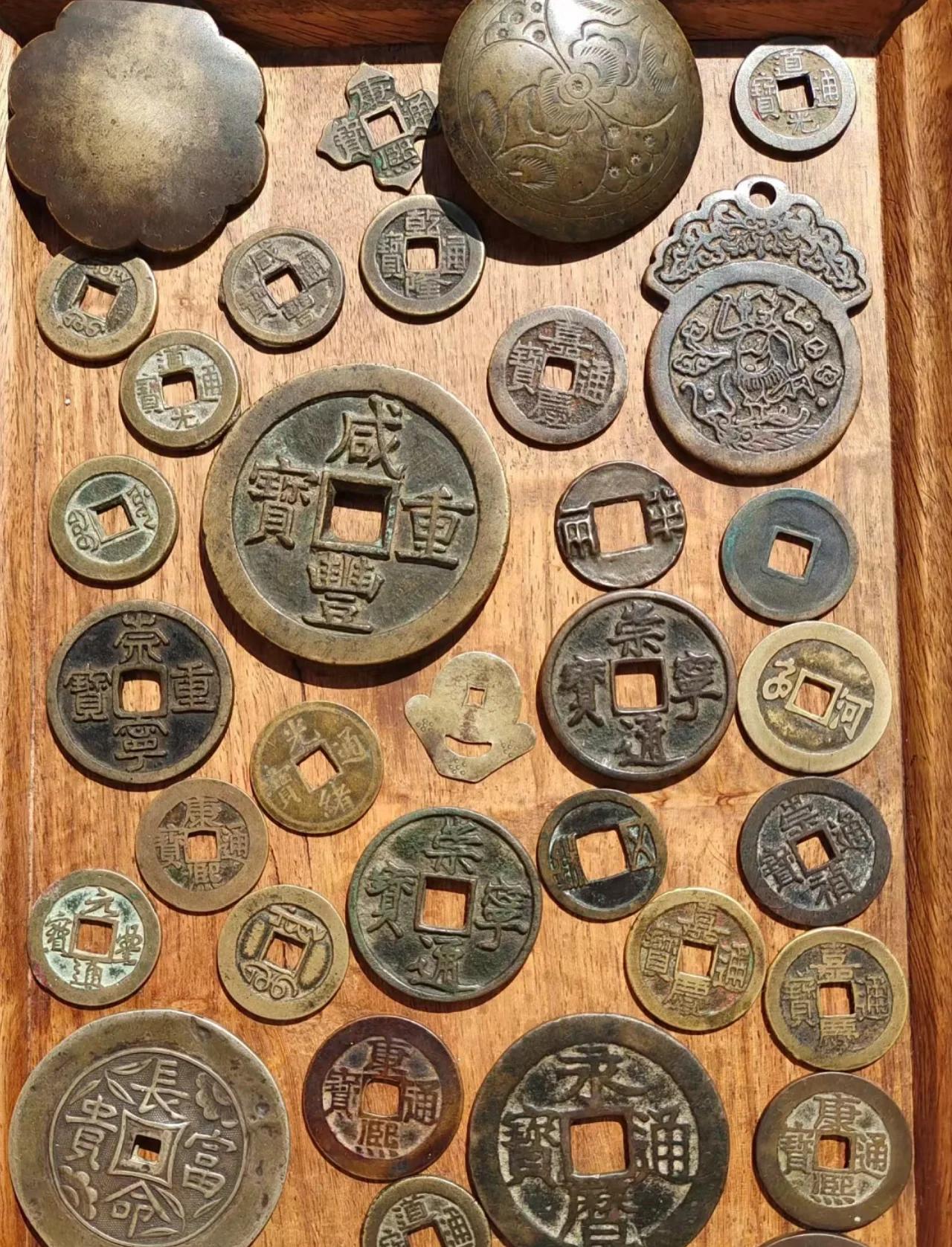


评论